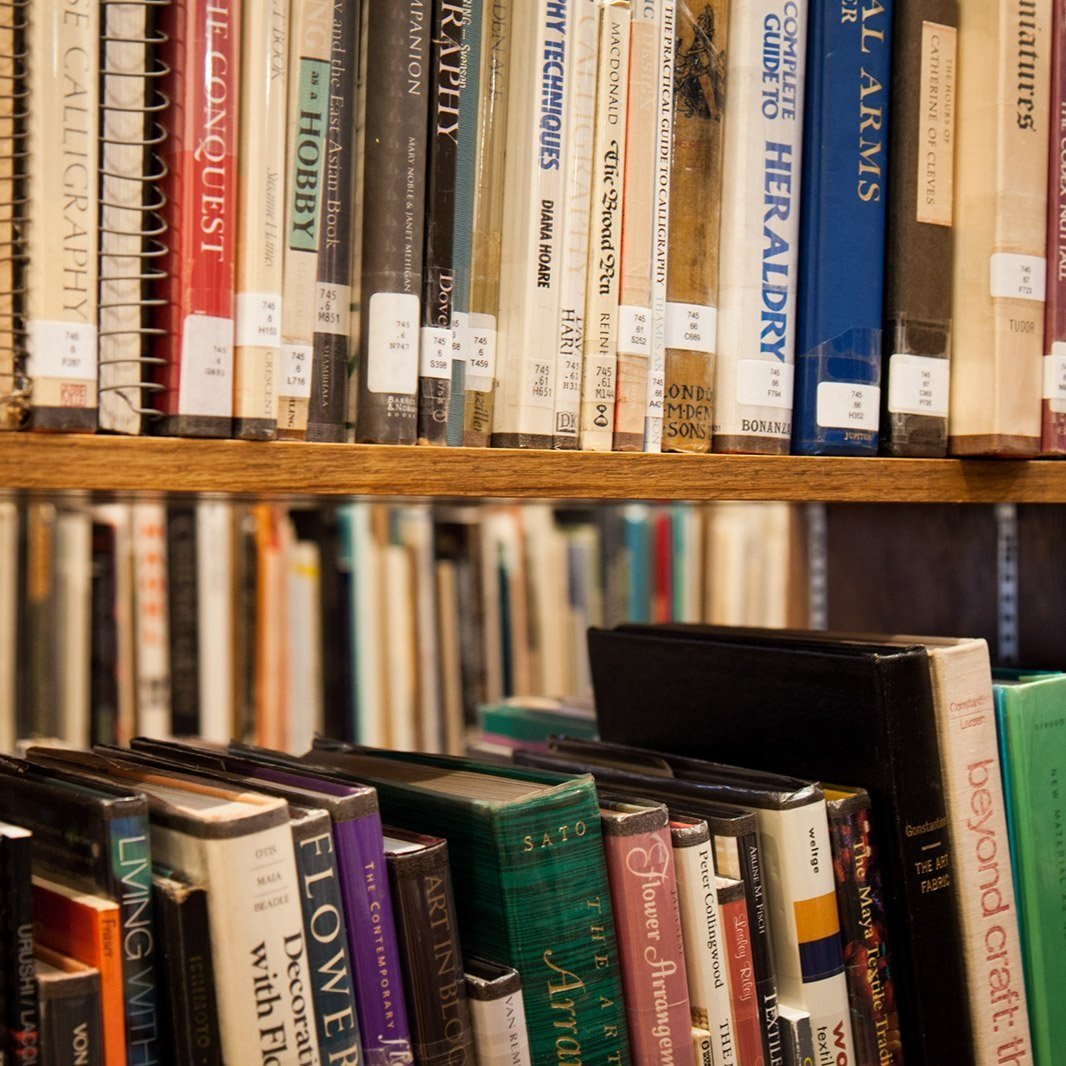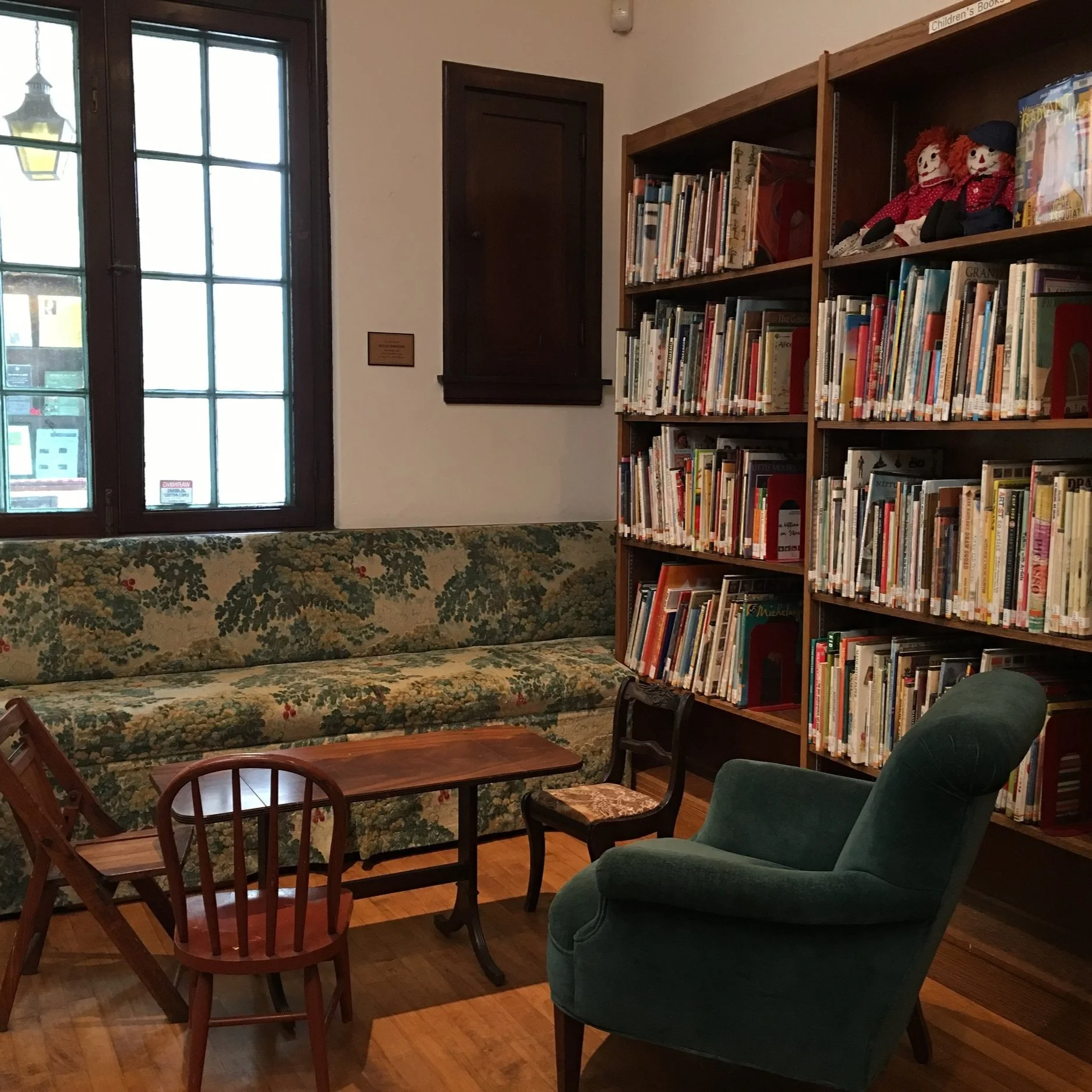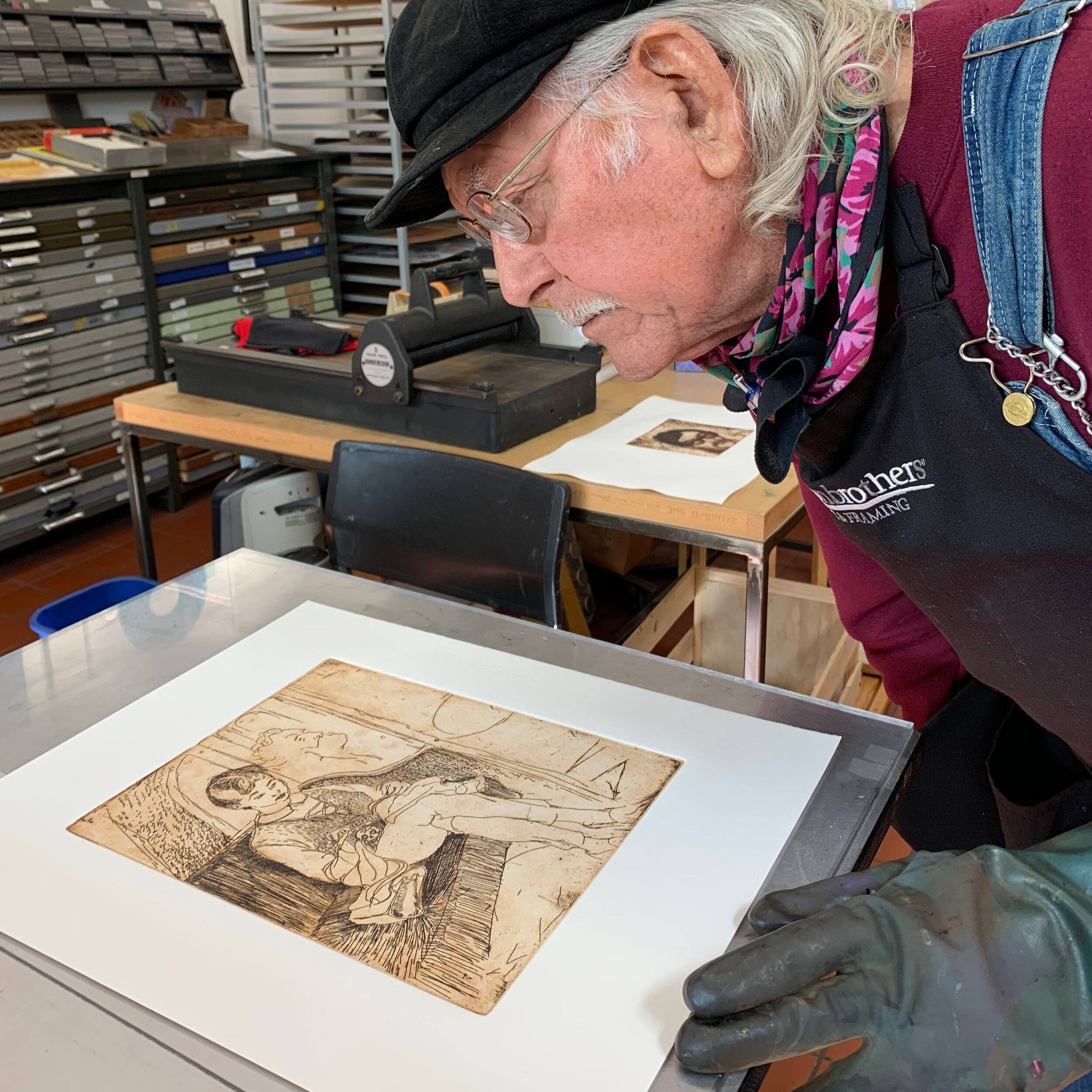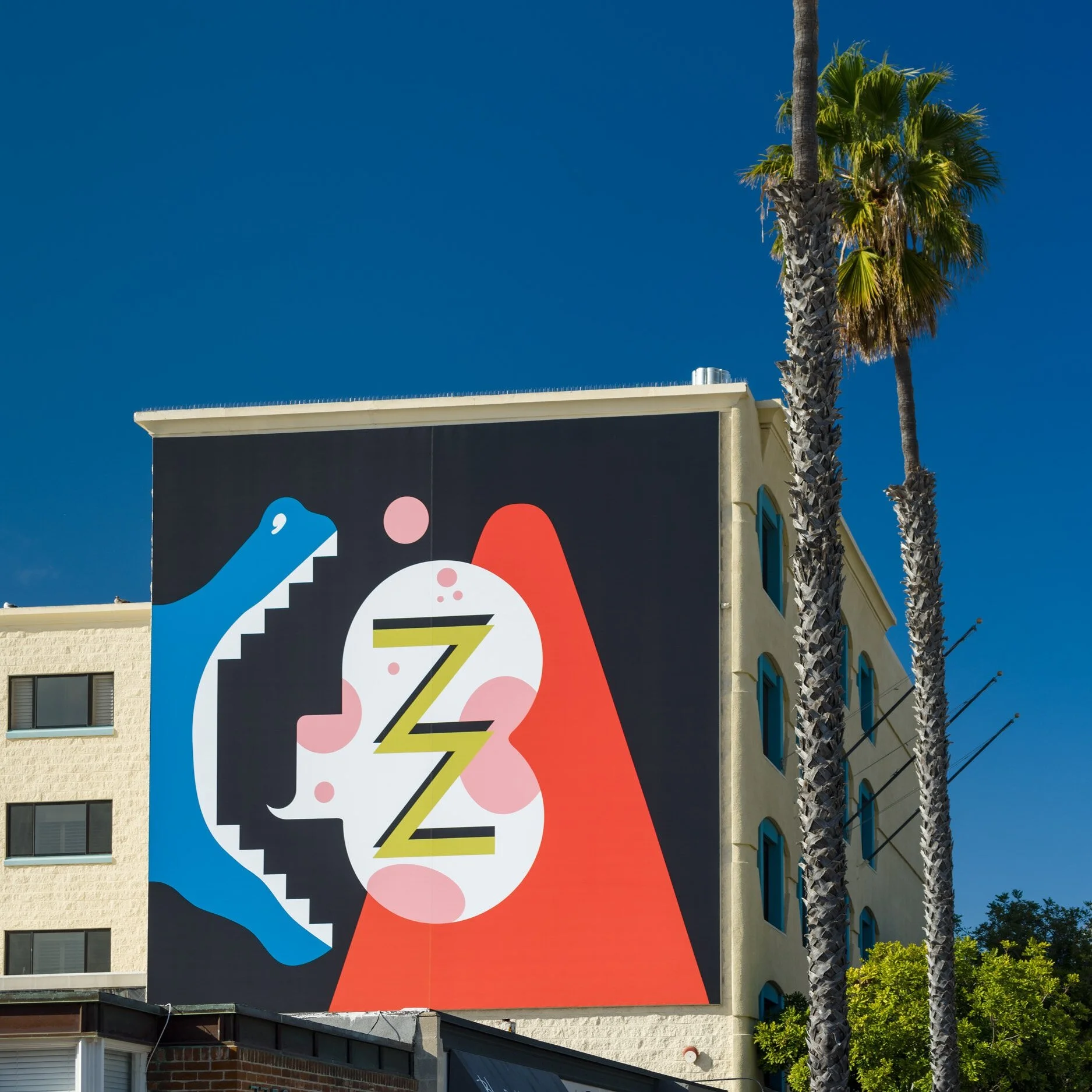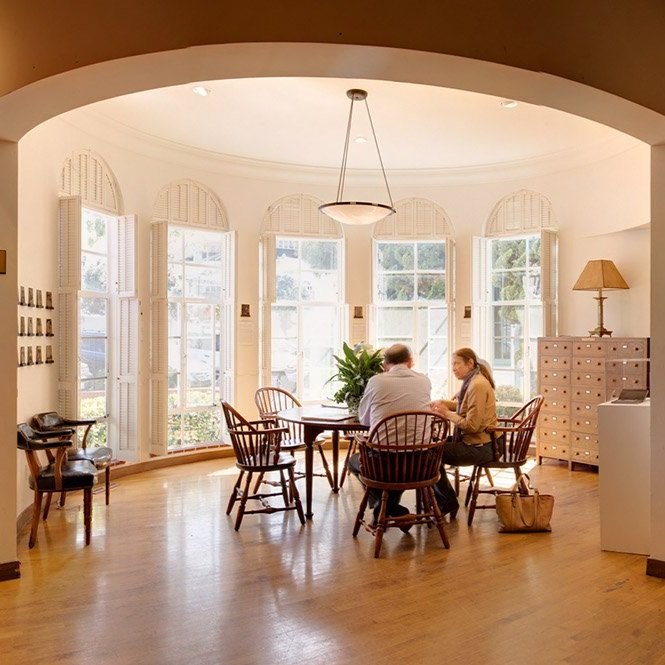Monday, October 10, 2022
12 PM
Seaside Quartet is a virtuoso ensemble comprised of pianist Brenda Martin, violinist Philip Tyler, violinist/violist Päivikki Nykter and cellist Cecilia Kim. They are friends on and off stage, which is apparent in their seamless and graceful ensemble playing. Their deep love and desire to play chamber music was the main reason to form this quartet and take time from their busy schedules to make beautiful music together. Their collaboration and exquisite musical taste has produced highly acclaimed performances in San Diego area. Brenda and Phil serve as professors at the Point Loma University Music Department and Päivikki and Cecilia and freelance musicians.
Brenda Martin holds a Bachelor of Science in Music Education from Trevecca Nazarene University, a Master of Music Education from Austin Peay State University, and a Master of Music in Piano Performance from Arizona State University. While at ASU, she also did extensive doctoral studies towards a DMA in piano performance. Martin has also pursued extensive studies in both the Alexander Technique and in jazz. A member of the music department of Point Loma Nazarene University since 1998, she has taught piano at the university level since 1982. She enjoys both solo and collaborative performing, and has done many of her own hymn arrangements and original jazz compositions.
Philip Tyler, tenured violin professor and orchestra director at Point Loma Nazarene University, earned a Doctorate in Violin Performance and a Master's degree in Orchestral Conducting, both in 1996 from The Florida State University. In addition to numerous solo recital appearances, Dr. Tyler has performed as soloist with orchestras in Oklahoma, Florida, Louisiana, and California. He frequently performs as an orchestral section player and appears in a variety of chamber ensembles. Dr. Tyler has conducted a number of orchestras in several states, including a variety of honors orchestras. To train string teachers and to create new string players, Dr. Tyler directs the Point Loma String Project (member, National String Project Consortium), a lab school he founded in 2003 for classroom strings instruction.
A versatile recitalist and chamber musician, violinist/violist Päivikki Nykter, is equally at home with standard repertoire as well as contemporary music. A native of Finland, she is a graduate of the Sibelius Academy in Helsinki. Ms. Nykter served as an Artist-in-Residence at the University of California San Diego Music Department from 1994 to 2006. She is now a freelance violinist maintaining a busy concert schedule as well as teaching the Alexander Technique both in the US and Europe. Ms. Nykter is an artistic director of a Chamber Music Concert Series in Lappeenranta, Finland. She has recorded on Neuma, Aucourant Records, CRI, Old King Cole, Omega Editions and mode labels.
Cecilia Kim, cellist and a native of South Korea, received Bachelor and Master degrees at Daegu Catholic University before earning a faculty position. After making highly acclaimed solo appearances with numerous symphonies and orchestras, she moved to the US and received another master's degree from San Diego State University as well as acquiring a faculty position at the University of San Diego. Specializing as a chamber musician, she has emphasized her career in performances near the Southern California region.
Seaside Quartet
Brenda Martin, piano
Philip Tyler, violin
Päivikki Nykter, violin and viola
Cecilia Kim, cello
Program
Tomaso Albinoni (1671–1751)
Trio Sonata in A Minor, Op. 1, No. 6 for two violins and basso continuo
Grave – Allegro – Grave – Allegro
Astor Piazzolla (1921–1992)
arr. by Jeff Pekarek
Oblivion (1982) for two violins and cello
Mel Bonis (1858–1937)
Piano Quartet No. 2 in D Major, Op. 124 (1927) for piano, violin, viola and cello
Moderato – Allegretto – Lent – Allegretto
Program notes
Italian composer Tomaso Giovanni Albinoni is remembered chiefly for his instrumental music. The son of a wealthy paper merchant, Albinoni enjoyed independent means. Although he was a fully trained musician, he considered himself an amateur. Little is known of his life, except for the production of at least 48 of his operas, chiefly at Venice between 1694 and 1741. He also composed many solo cantatas. Albinoni published 10 sets of instrumental works, which achieved wide popularity in his own day and are still appreciated today. (J.S. Bach based four of his own keyboard fugues on themes composed by Albinoni.) His instrumental works consist mostly of sonatas, concertos, and sinfonias for various instruments. Especially notable are the Sinfonie e Concerti a 5 (Opus 2, 1700), the concerti for strings (Opus 5, 1707), and the concerti for one and two oboes in Opus 7 and Opus 9. These works are distinguished above all by their melodic charm.
Astor Piazzolla, king of the Nuevo tango, was born in Argentina. He grew up in New York where he mastered the bandoneón and became acquainted with legendary tango singer-composer Carlos Gardel. Upon returning to Buenos Aires in 1937, he gave concerts and made tango arrangements for Aníbal Troilo, later forming Orquesta del 46 to showcase his own compositions. Piazzolla claimed to have studied with three great teachers: Alberto Ginastera, Nadia Boulanger, and the city of Buenos Aires. Boulanger may have persuaded Piazzolla to pursue his interest in the tango, but Buenos Aires taught him its secrets, which he discovered “in a cold room in a boarding house, in the cabarets in the 1940s, in the cafés with balconies and orchestras, in the people of yesterday and today, in the sound of the streets.” —Encyclopedia Britannica
Piazzolla composed Oblivion in 1982 in Rome for Mario Bellocchio’s film Enrico IV (1984), adapted from a play by Luigi Piradello. The protagonist is an actor-historian who suffers a fall during an historical pageant. Upon regaining consciousness, he assumes the identity of the character that he was playing, Henry IV, Holy Roman Emperor. Piazzolla’s nostalgic tune unfolds in a slow milonga, a song genre of Uruguay and Argentina that was a forerunner of the tango. —Steve Anthenien
Mel Bonis was born in Paris. She was an unquestionably gifted composer, who nonetheless has been long underrated. She used the pseudonym Mel Bonis because she rightly felt women composers of her time weren't taken seriously as artists. Her music represents a link between the Romantic and Impressionist movements in France. Her parents discouraged her early interest in music, but she taught herself to play piano. A friend introduced her to Cesar Franck, who was so impressed with her abilities, he made special arrangements for her to be admitted to the then all-male Paris Conservatory in 1876. She won prizes in harmony and accompaniment and showed great promise in composition, but a romance with a fellow student, Amedee Hettich, caused her parents to withdraw her from the institution in 1881. Two years later they forced her to marry another man and she was locked into raising a family. It was only several years later that she was able to return to composing. Her early works created a sensation in the fashionable Parisian salons where her music was played. Although much praised, she never entered the first rank of her contemporaries not because she was a woman but also because she lacked the necessary vanity for self-promotion. As a result, by the time of her death, she and her music had fallen into obscurity. She composed over 300 works in most genres. Finally, in the 1960s, historians began to re-examine the contributions of women composers, and this set the stage for Bonis' posthumous reputation.
By the time Mel Bonis came to write her Piano Quartet No.2 in D Major, she was 69 years old and in poor health, not to mention having been in a depressed state for several years due to the death of her youngest son in World War I and of her husband. Completed in 1927, Bonis published the work at her own expense the following year. It was never publicly performed in her lifetime and although she considered it her musical testament, sadly it has never gained any traction, even in France.
The opening Moderato begins in a quiet and reflective fashion and remains so for several minutes. The main theme consists of a long, slowly rising scale passage. At brief moments, Bonis tries to expand the limit of tonality. The second theme is more traditional and easily discernable. In the Allegretto which follows, we hear the definite influence of the Impressionists, but it is worth remembering that Bonis was a generation older than the impressionists and only adopted their style partially. The mood of the movement barely changes, but sparklingly exotic touches create good interest. The slow movement, Lent, has a lovely long-lined, lazy melody for its main theme. The piano part, not only here, but throughout the quartet creates great interest. While the music up until this point has been mostly calm and reflective, the finale, Allegro, pushes forth with power and a real sense of drama, echoing Gabriel Fauré. —The Chamber Music Journal
Free concerts at noon every Monday from fall through spring . . . no wonder the Mini-Concerts are the longest-running and one of the most popular classical music series at the library! This series was founded by Glenna Hazleton in 1970 at the Athenaeum, and has been going strong ever since. The concerts feature both local and touring musicians, prize-winning students, university music faculty members, local chamber ensembles. . . and the repertoire also includes jazz, folk and world music. There are no reservations, no tickets . . . just line up at the side door of the Athenaeum before noon. (Donations are always welcome!) Mini-Concerts take place every Monday at noon and last about an hour.
The concerts will be in person at the Athenaeum Music & Arts Library. There are no physical tickets for these events. Doors open at 11:50 a.m. Seating is first-come; first-served. These events will be presented in compliance with State of California and County of San Diego health regulations as applicable at the time of each concert.
Masks optional. If you have a fever, cough, or flu-like symptoms, please stay home.





